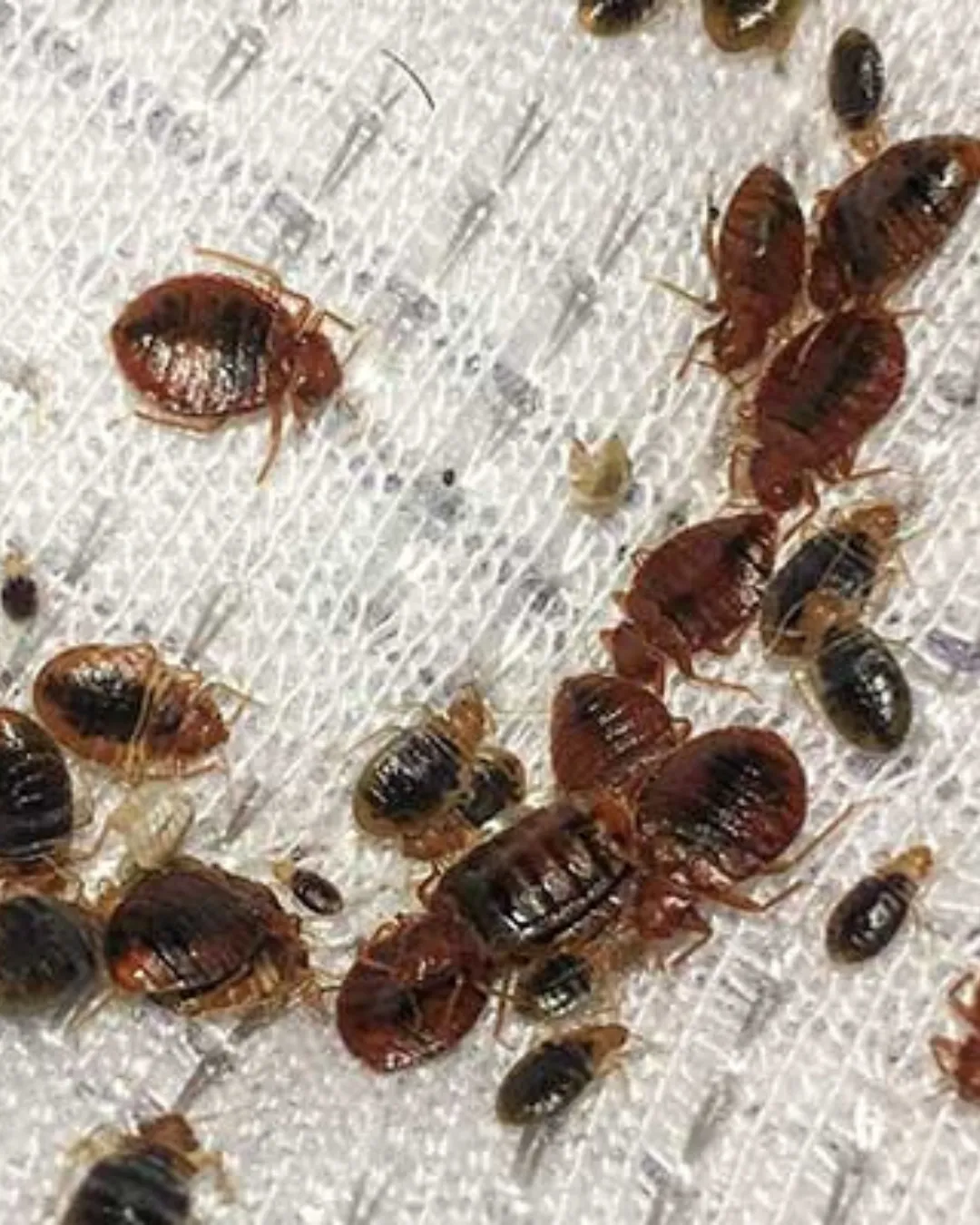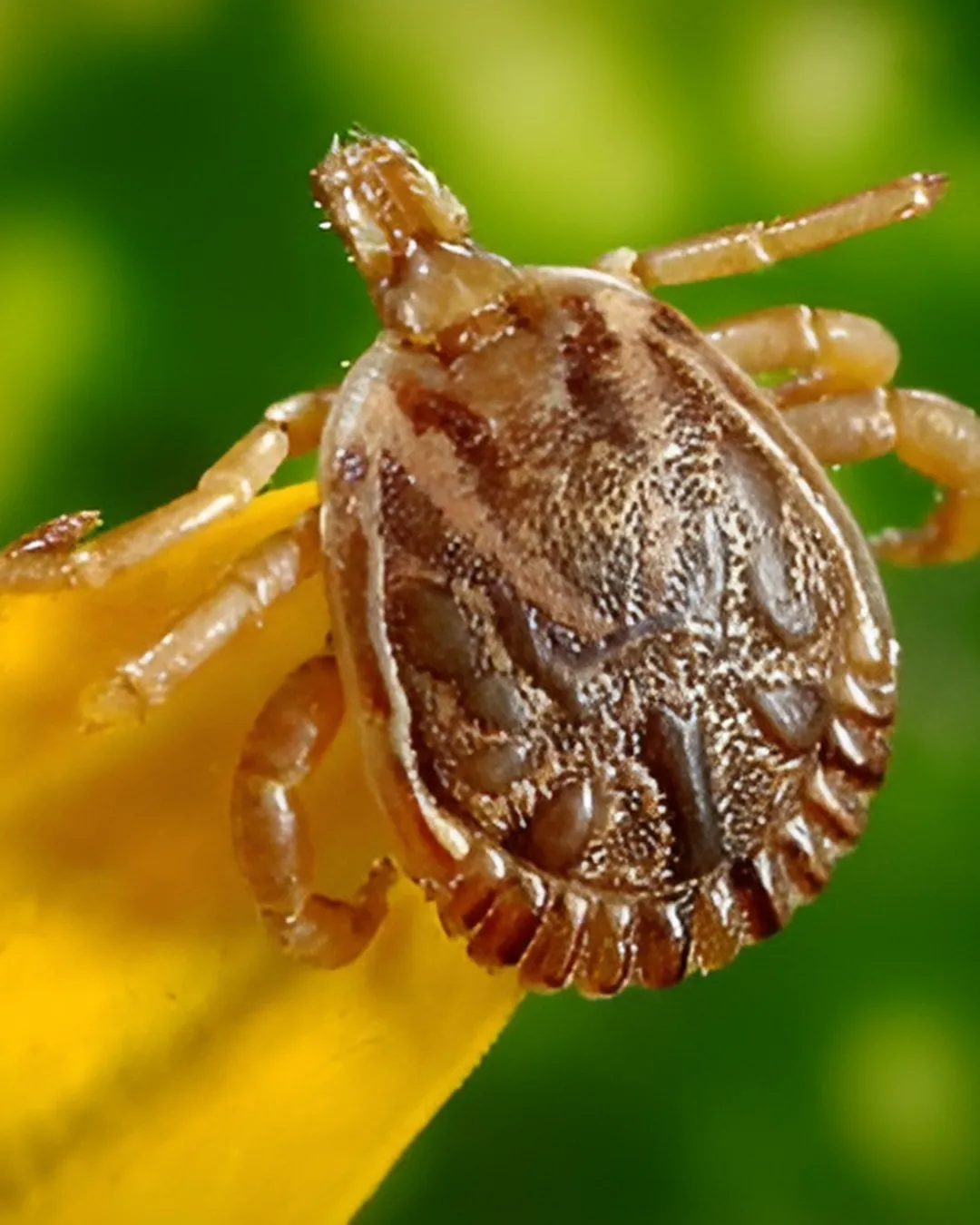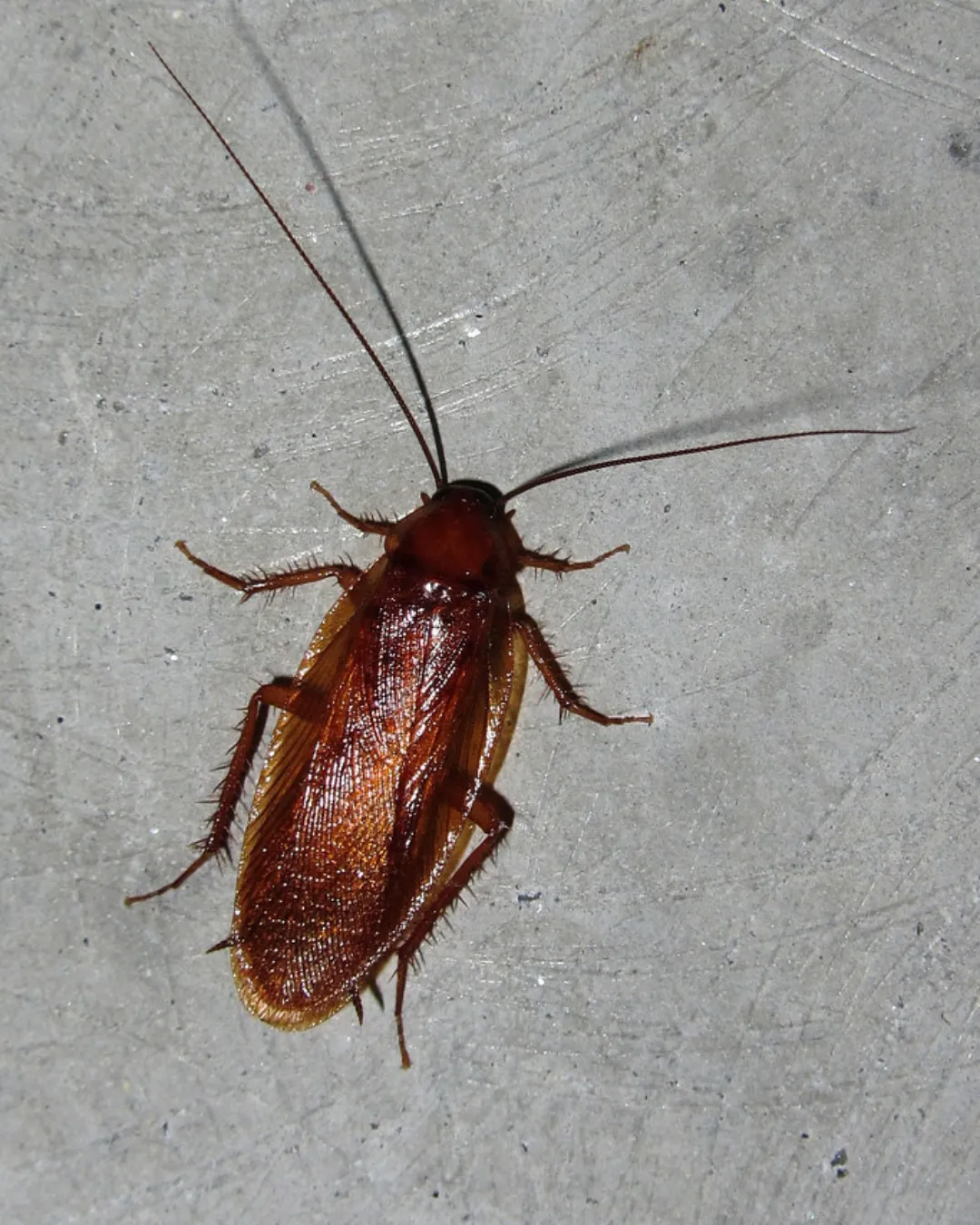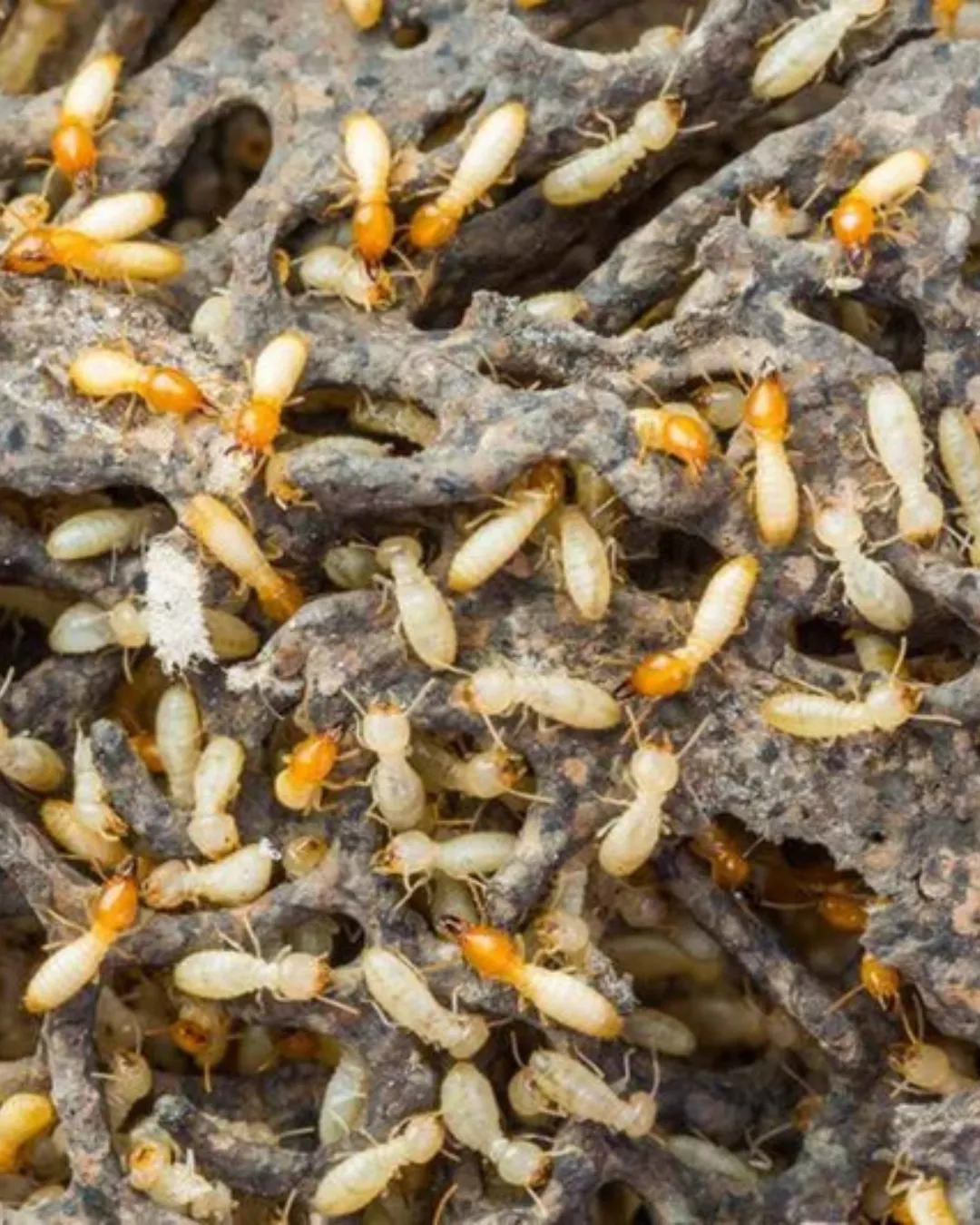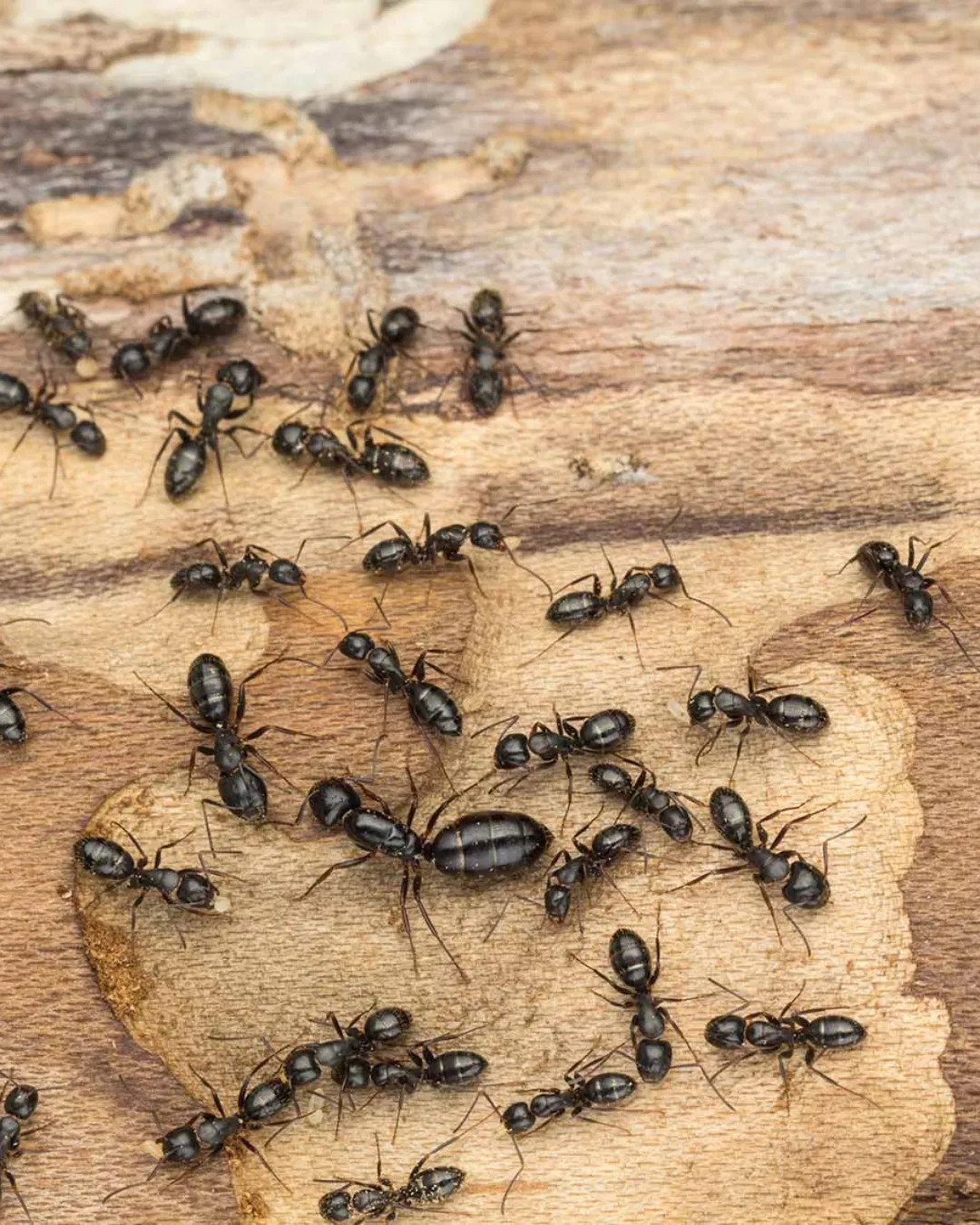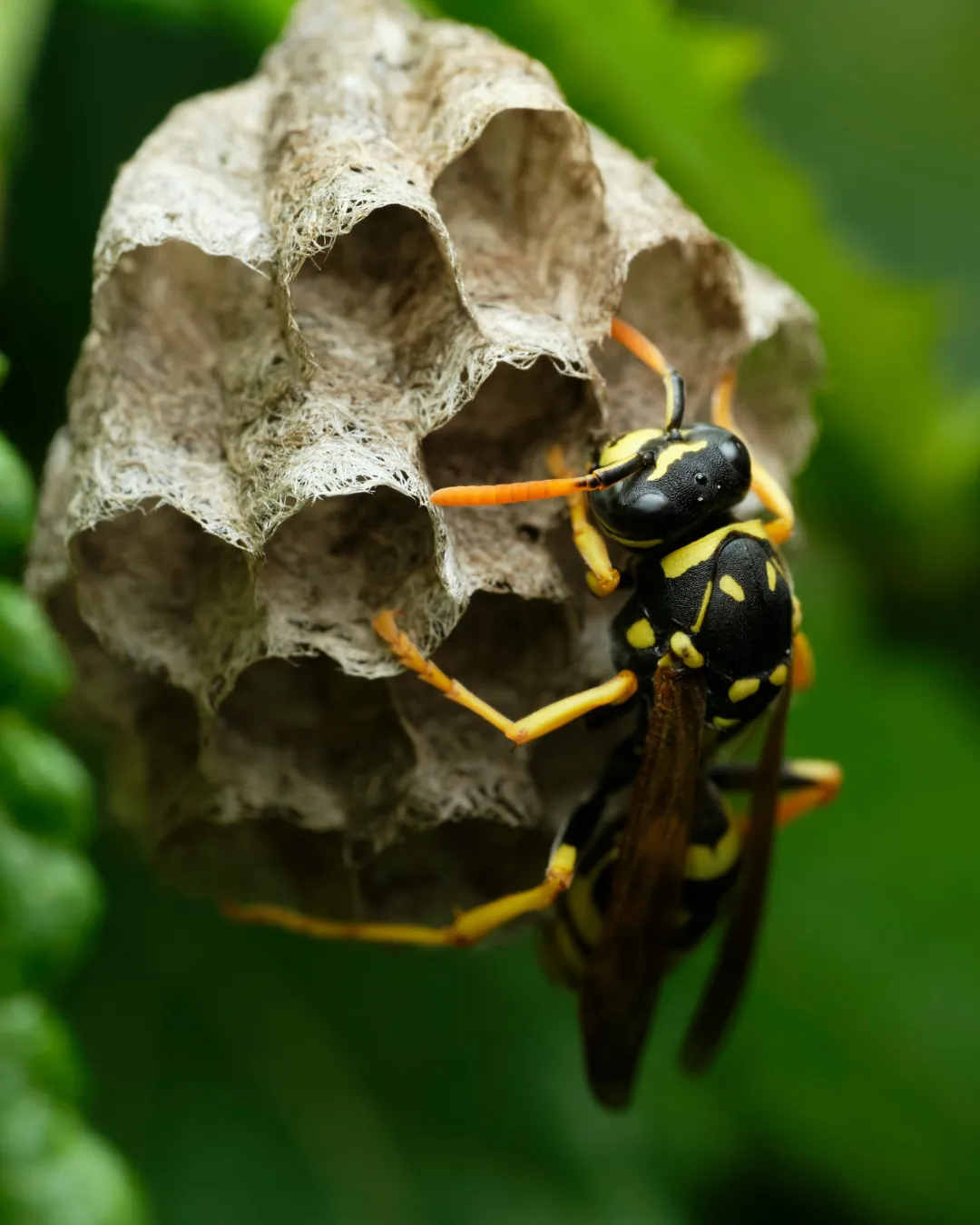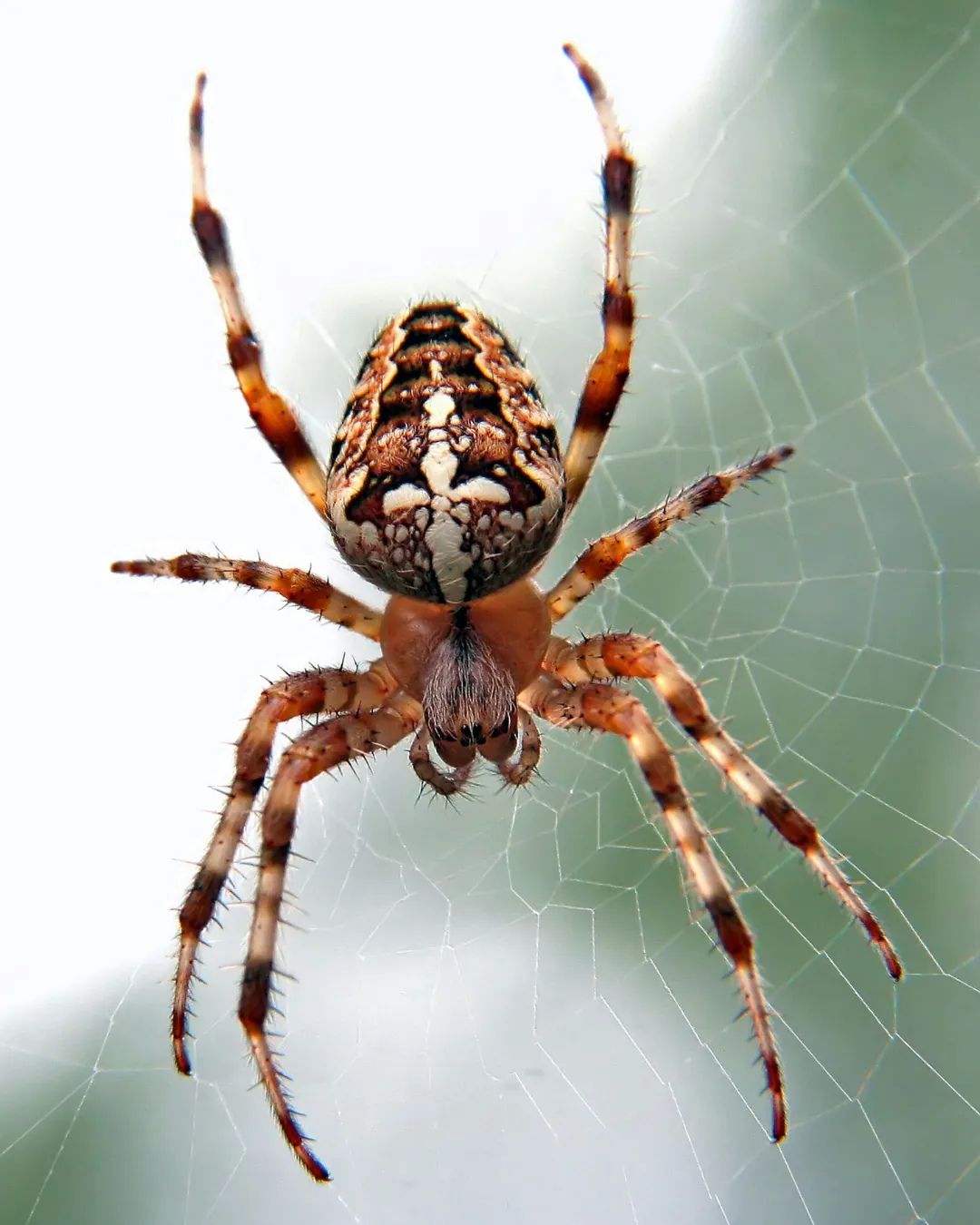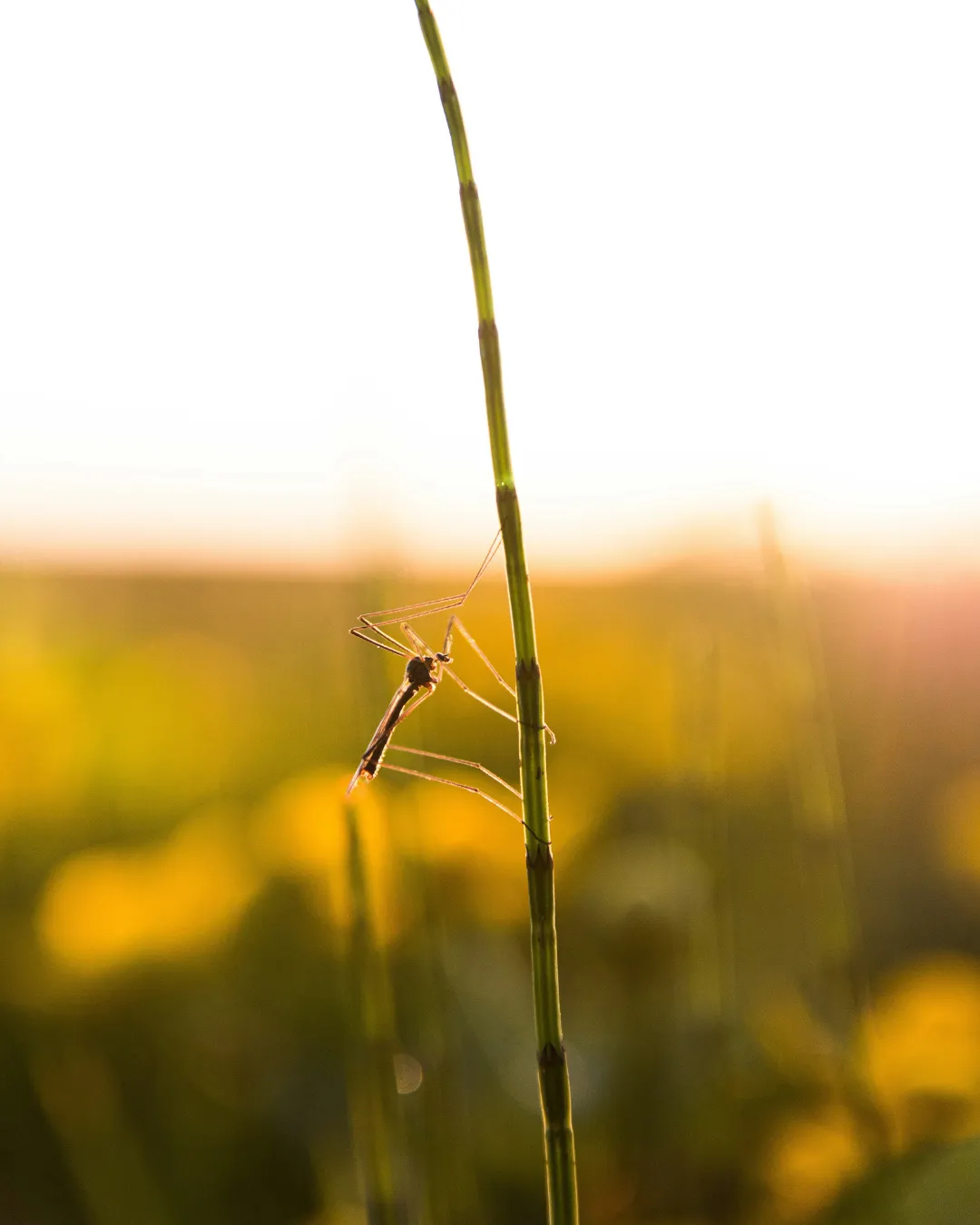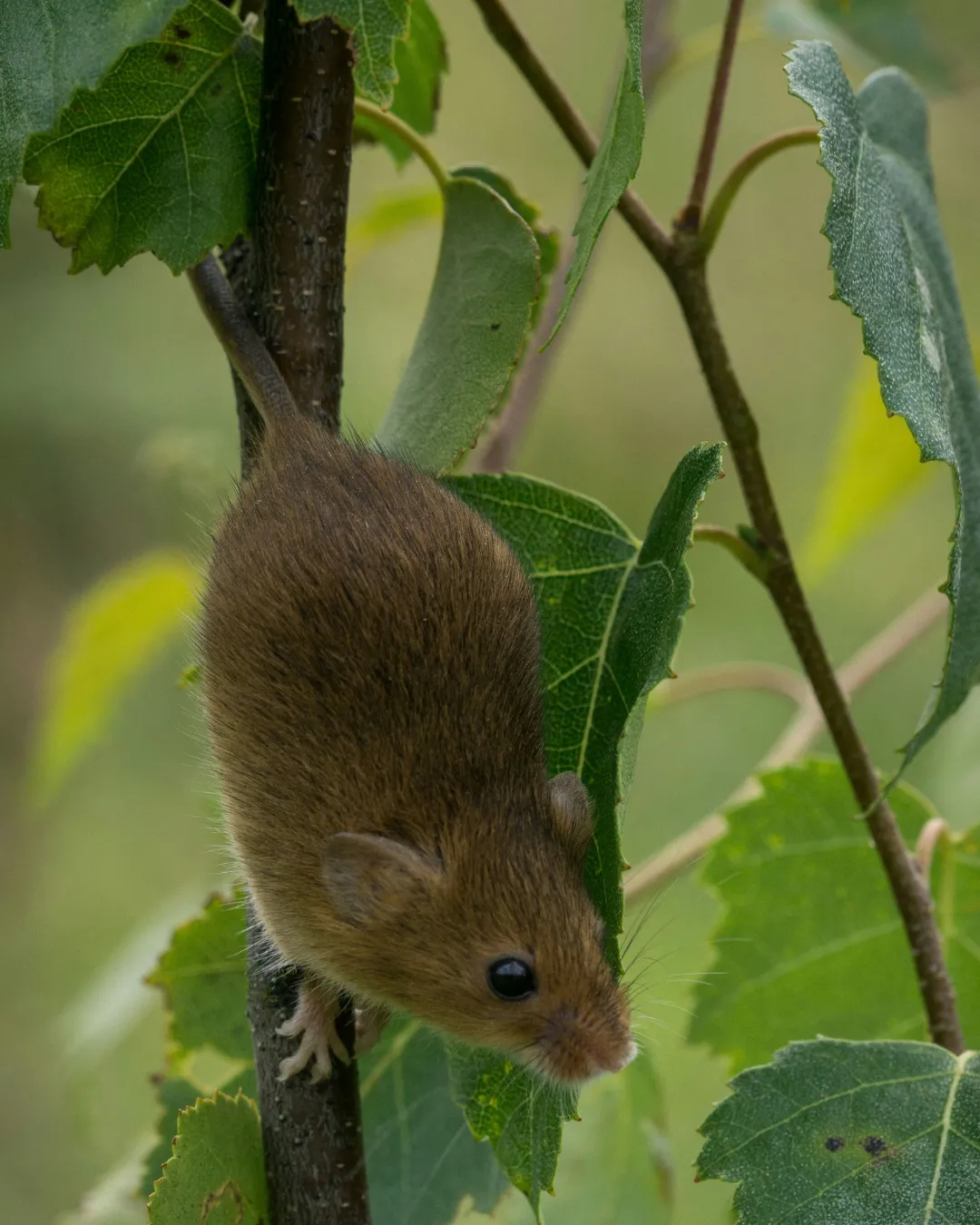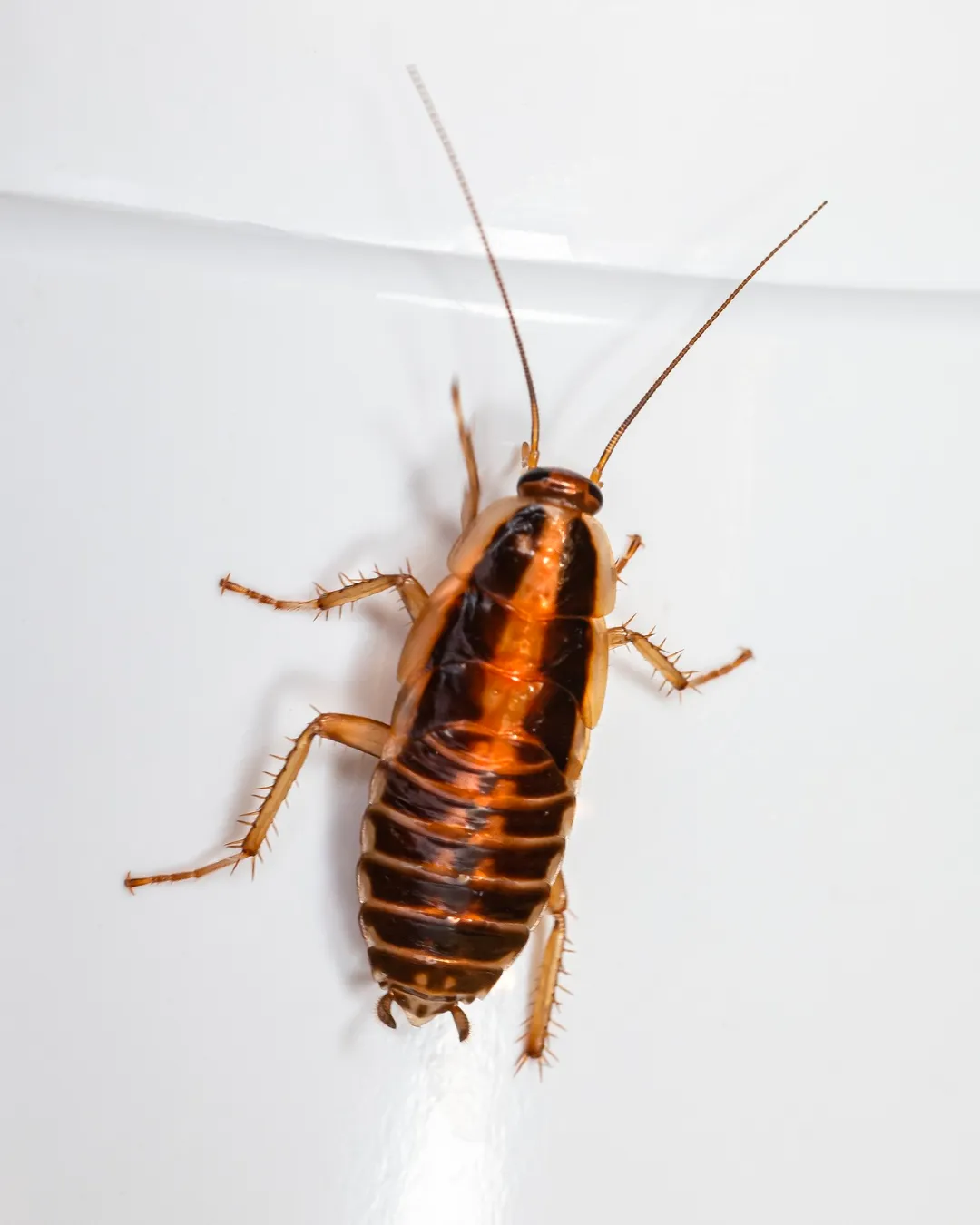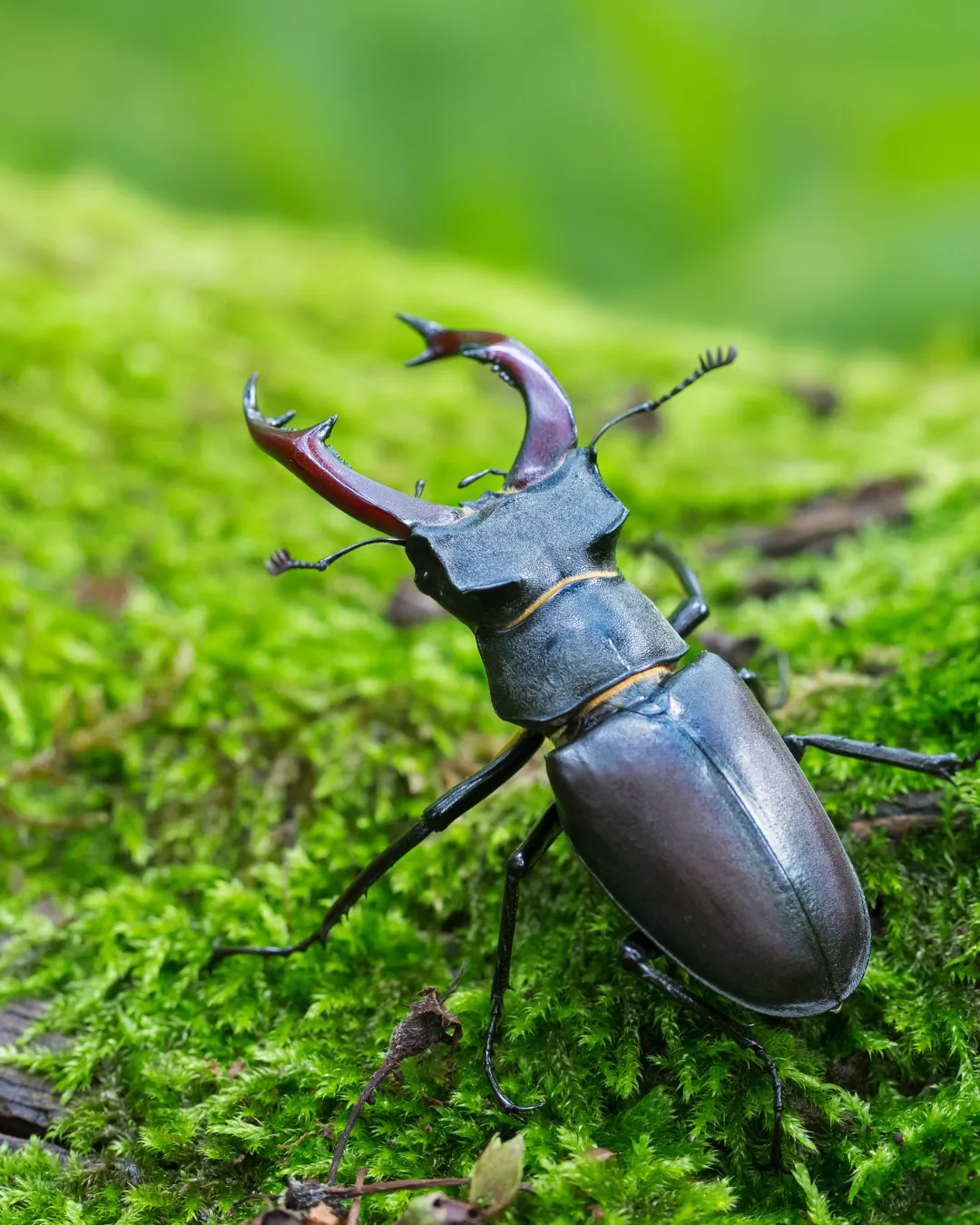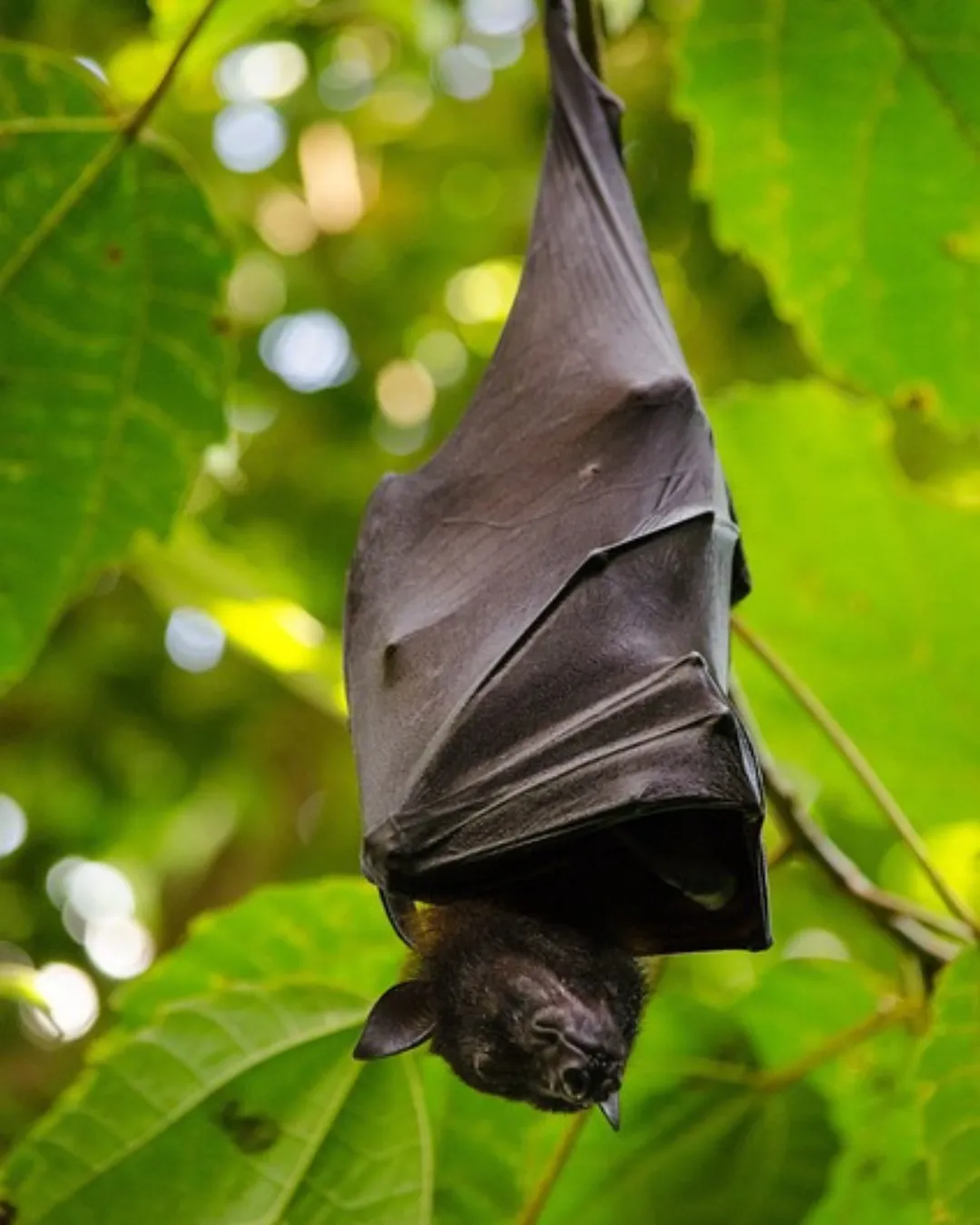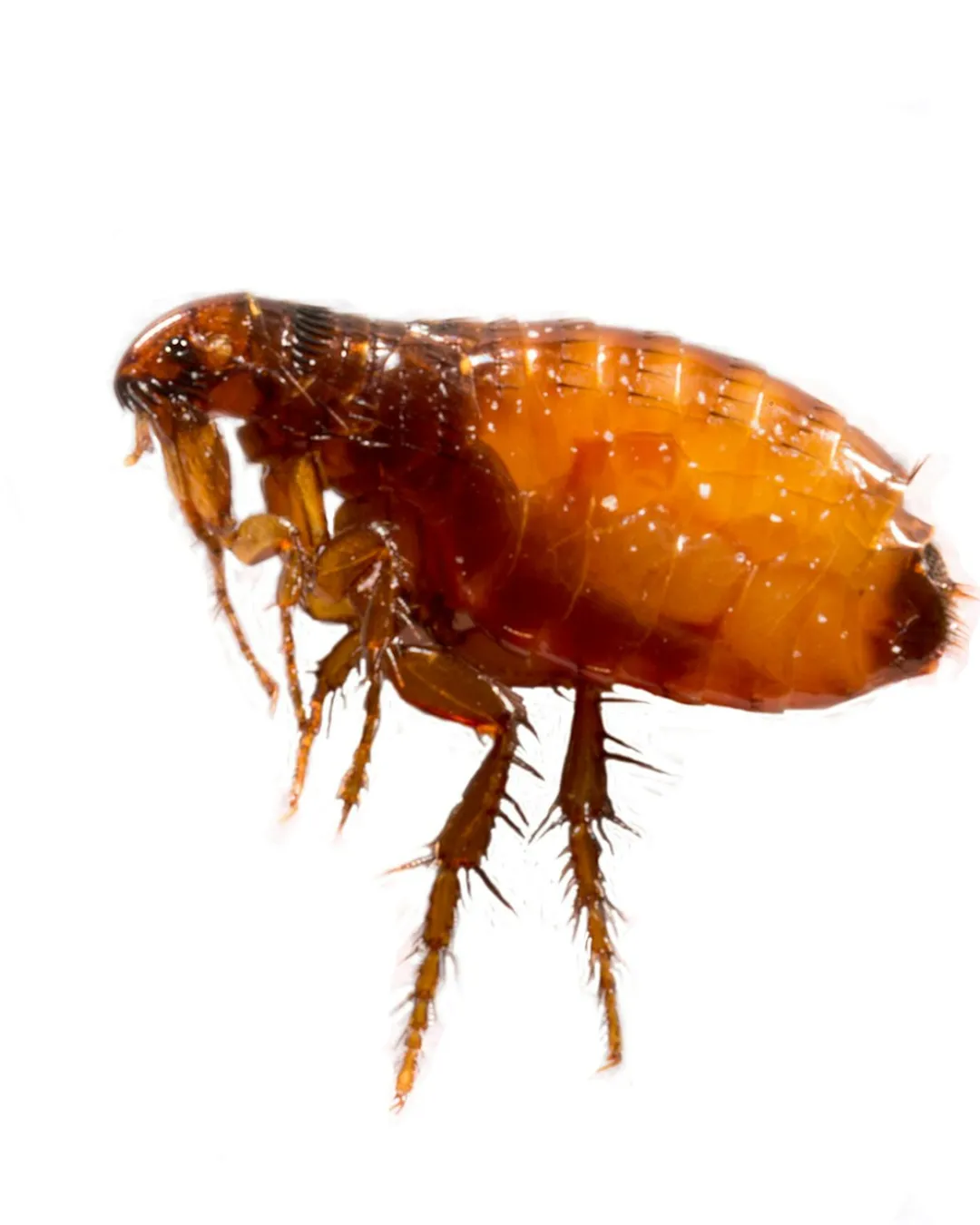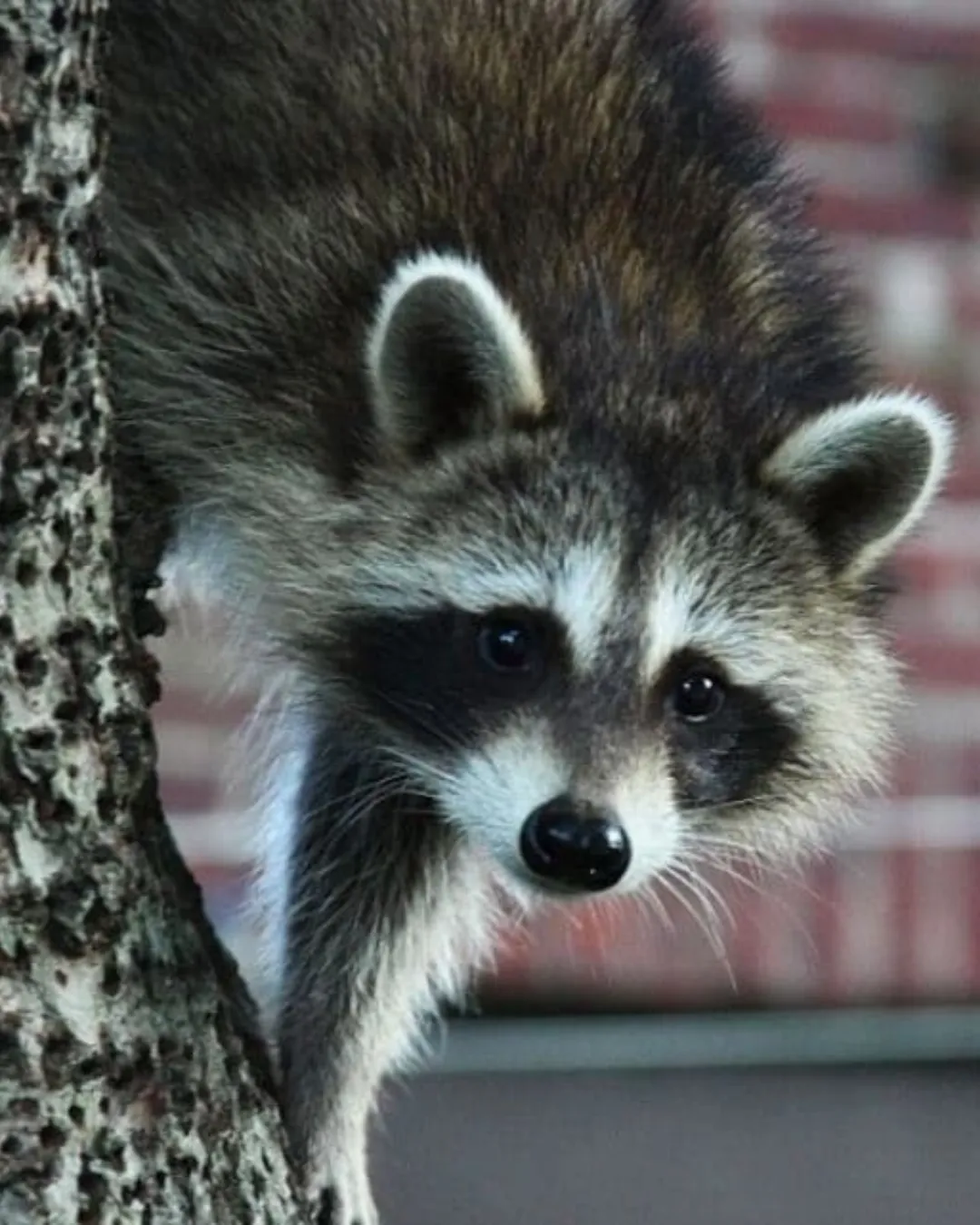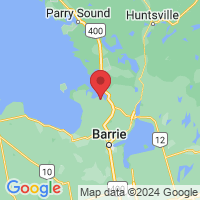Proudly Serving
Cottage Country
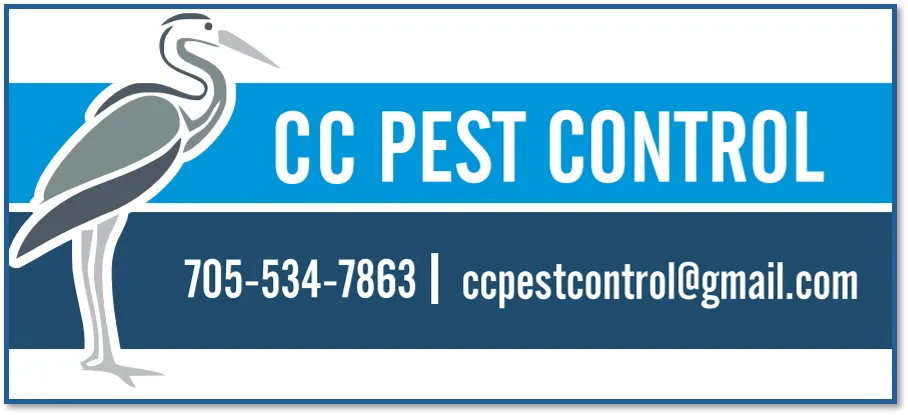
Welcome to
Cottage Country Pest Control


Comprehensive Coverage
Our Services
Comprehensive bed bug treatments to effectively eliminate infestations and ensure your home remains pest-free.
Comprehensive tick control solutions that are safe for pets and people, effectively targeting and eliminating ticks to ensure a pest-free environment.
Effective wood roach control solutions that eliminate infestations and prevent future occurrences, ensuring a pest-free home environment.
Expert termite control solutions designed to protect your home from the silent damage caused by termite infestations.
Targeted spider control treatments to maintain a spider-free environment in and around your home.
Comprehensive mosquito management strategies to enhance your outdoor living experience with fewer bites.
Robust rodent elimination services, safeguarding your home from the health risks and damage rodents can cause.
Advanced techniques for German roach extermination ensuring a cleaner, healthier home environment.
Humane and effective bat control solutions that safely remove bats and prevent their return, ensuring a secure and pest-free home.
Pest Control Barrie
Why Choose Us?
Personalized Service: Cottage Country Pest Control tailors its services to meet the unique needs of your property, ensuring solutions that are not only effective but also customized to your specific requirements.
Expert Technicians: Our team comprises highly trained and experienced professionals who are knowledgeable about the latest techniques and products, ensuring high-quality service every time.
Commitment to Safety: We prioritize the health and safety of our clients and the environment, employing eco-friendly practices and materials whenever possible.
Reliable Customer Support: Cottage Country Pest Control is known for its exceptional customer service, offering responsive and supportive assistance to address any questions or concerns promptly.
Proven Results: Our track record of delivering visible, lasting results has established us as a trusted partner for homeowners looking to enhance and protect their property.
Testimonials
What Do Our Customers Say
The Cottage Country Approach
Our Four Step Process
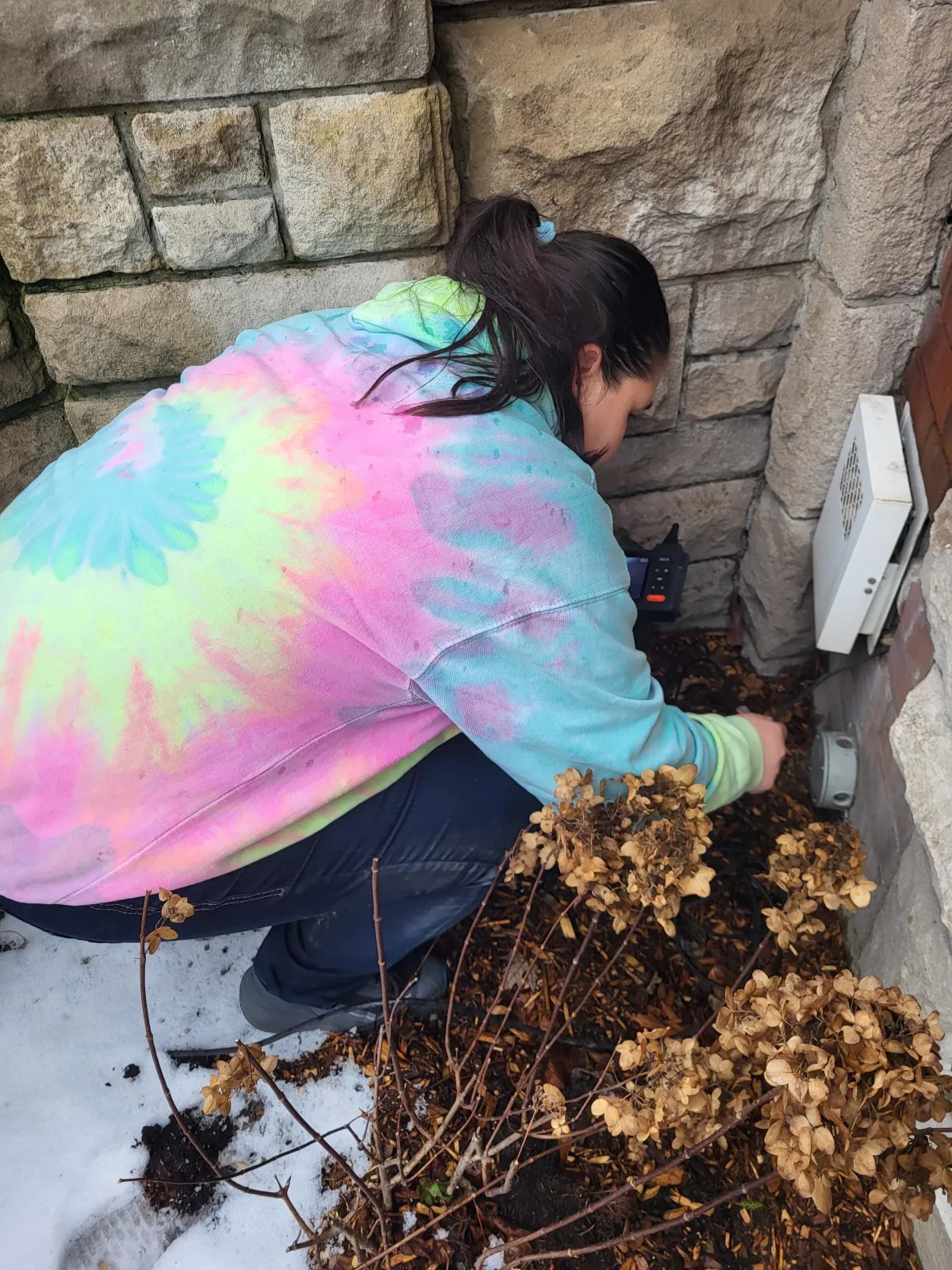
Step 1: Detailed Property Assessment
The process starts with an in-depth inspection conducted by our experienced technicians. This assessment covers all potential hot spots including basements, attics, eaves, and any outbuildings. The goal is to identify signs of pest activity, potential entry points, and conditions conducive to pest infestations, such as moisture issues or hidden debris. This thorough evaluation helps in understanding the specific pest challenges your property faces, considering the unique rural or semi-wild settings of country homes and cottages.
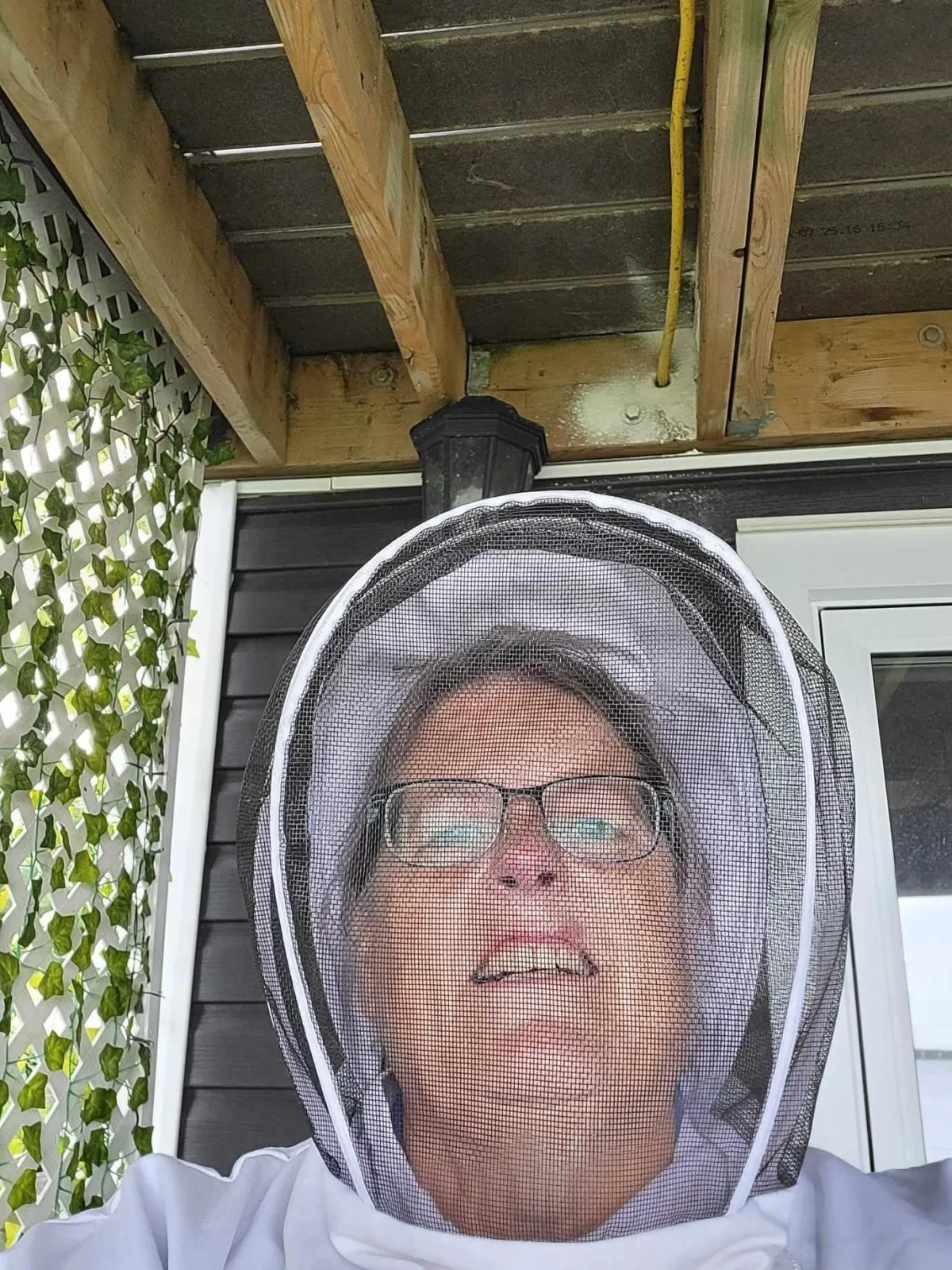
Step 2: Tailored Treatment Strategy
Based on the assessment findings, we craft a personalized treatment plan tailored to the unique characteristics of your property and the specific pests identified. This strategy may involve a combination of mechanical controls (like traps and seals for entry points), biological controls (introducing natural predators), and chemical treatments using environmentally responsible products. Special considerations are taken to ensure that all treatments are safe for use around children, pets, and local wildlife, preserving the natural beauty and safety of your cottage environment.

Step 3: Treatment Implementation
Our trained professionals then implement the treatment plan with precision. This might include setting traps, applying chemical treatments to targeted areas, and installing physical barriers to prevent future entry. The implementation phase is carried out with strict adherence to safety and environmental guidelines, ensuring effective pest control without harming the surrounding ecosystem. We use state-of-the-art equipment and techniques to ensure thorough coverage and effective results.
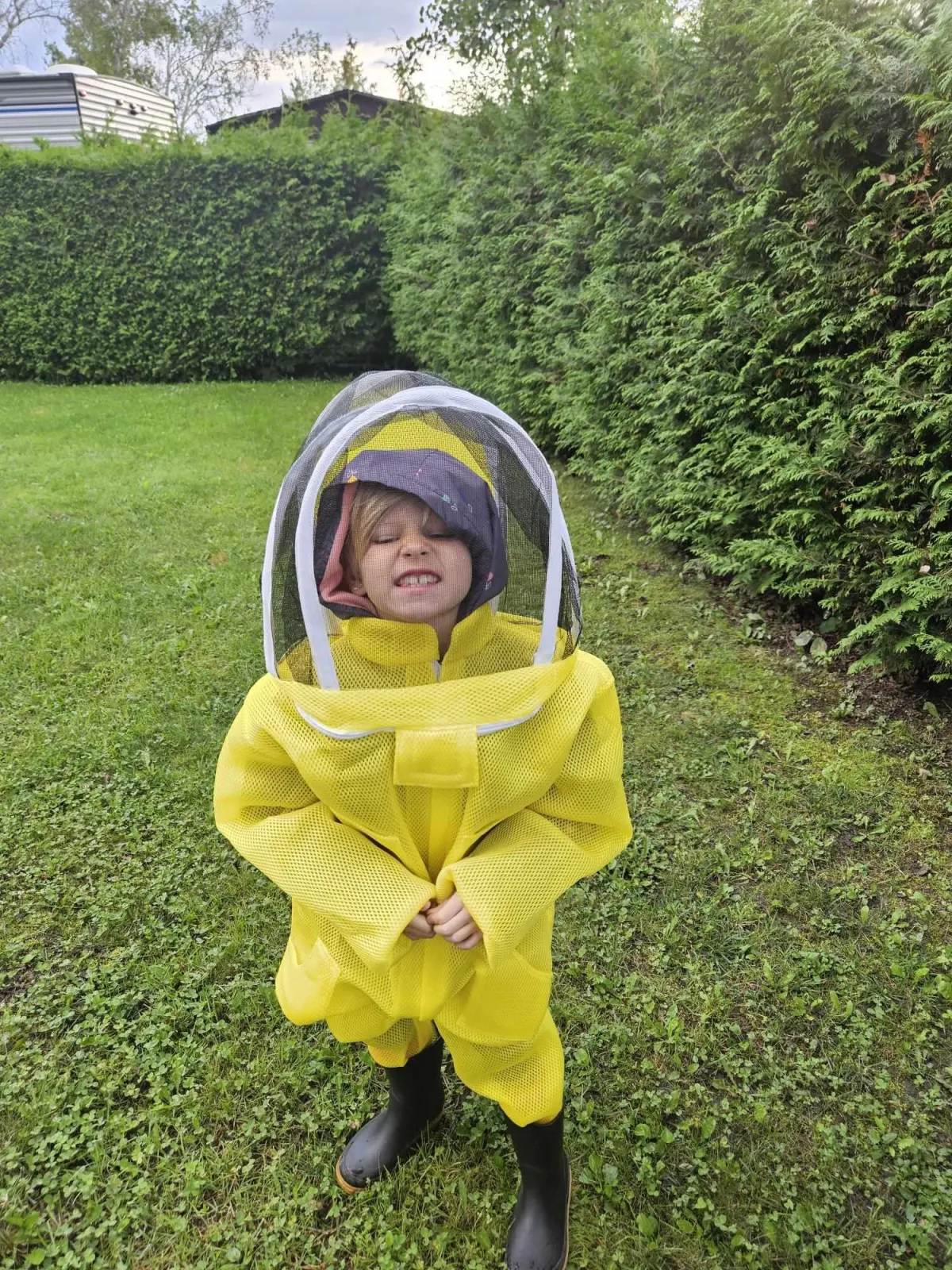
Step 4: Ongoing Monitoring and Support
Understanding that pest control is an ongoing battle, especially in country settings, we provide continuous monitoring and support after the initial treatment. This includes scheduled follow-up visits to assess the effectiveness of the treatments and make adjustments if necessary. We also provide detailed reports and recommendations to homeowners on how to maintain a pest-free environment through preventive practices such as proper waste management, woodpile maintenance, and regular property checks. Our ongoing support ensures that your cottage remains a safe and enjoyable retreat throughout the year.
Choose a day. Choose a time. Choose a service. We will be there.
Book Now
By checking this box and providing my phone number, I consent to receive SMS, email & phone calls from Cottage Country Pest Control. Message and data rates may apply. You can opt-out at any time by replying "STOP" to our messages.
FAQs
What types of pests does Cottage Country Pest Control cover?
Our services cover a wide range of pest species including ants, spiders, rodents, wasps, beetles, moths, earwigs, silverfish, centipedes, millipedes, stink bugs, mosquitoes, ticks, fleas, and more. We offer comprehensive treatment plans tailored to each specific pest.
Are the products used by Cottage Country Pest Control safe for pets and children?
Yes, all of our products are approved for use in places such as daycares, hospitals, veterinary clinics, and nursing homes. We prioritize the safety of your family and pets while ensuring effective pest control.
What does a typical service visit entail and how long does it take?
A typical service visit includes a thorough inspection, targeted treatments, and preventive measures. Initial services usually take about 60 minutes, while follow-up visits are often around 30 minutes. Our technicians ensure comprehensive coverage to address your pest concerns.
Does Cottage Country Pest Control offer a satisfaction guarantee?
Yes, we offer a 100% Service Guarantee. If pests return between scheduled visits, we will perform re-treatments at no additional cost. One-time treatments include a 30-day guarantee to ensure your complete satisfaction.
How do I schedule a pest control service or inspection with Cottage Country Pest Control?
Scheduling a service or inspection is easy. You can visit our website, call us directly, or use our online booking form. We also offer free inspections for certain services to evaluate and provide tailored treatment plans for your specific pest issues.
What should I do to prepare for a service visit from Cottage Country Pest Control?
Generally, you don't need to do much to prepare. Just ensure your backyard is accessible and any pets are brought inside for the duration of the visit. You don't need to be at home if your schedule doesn't allow it, as our technicians can handle the treatment effectively in your absence.
Office:
46 Bourgeois Beach Road
Victoria Habour
Ontario
L0K 2A0
Call
705 534 7863
Email:
[email protected]
Copyright 2024. All Right Reserved.
